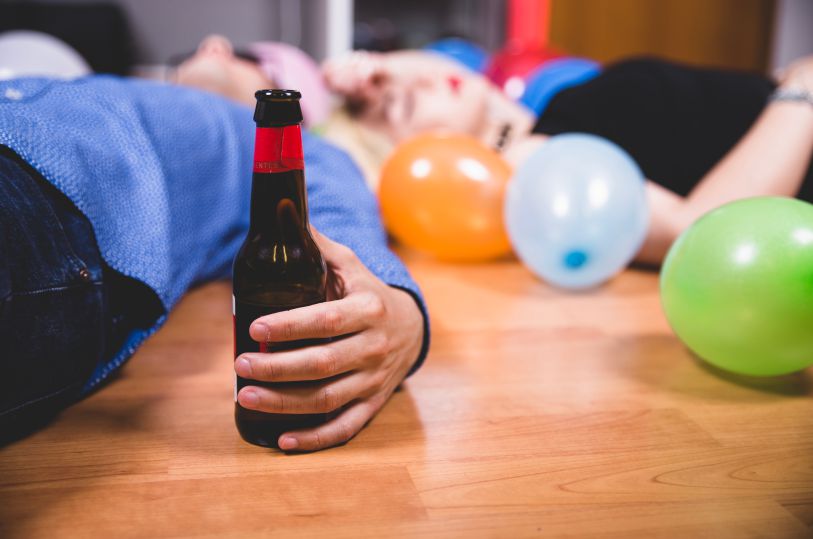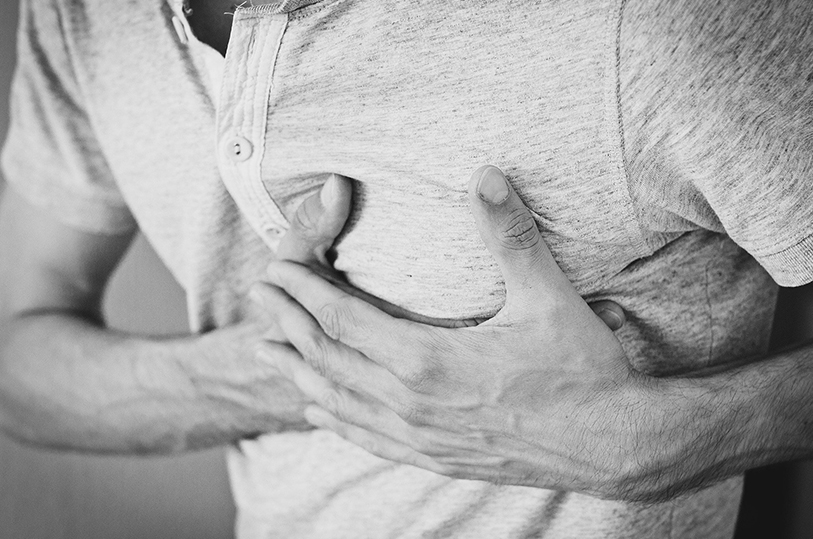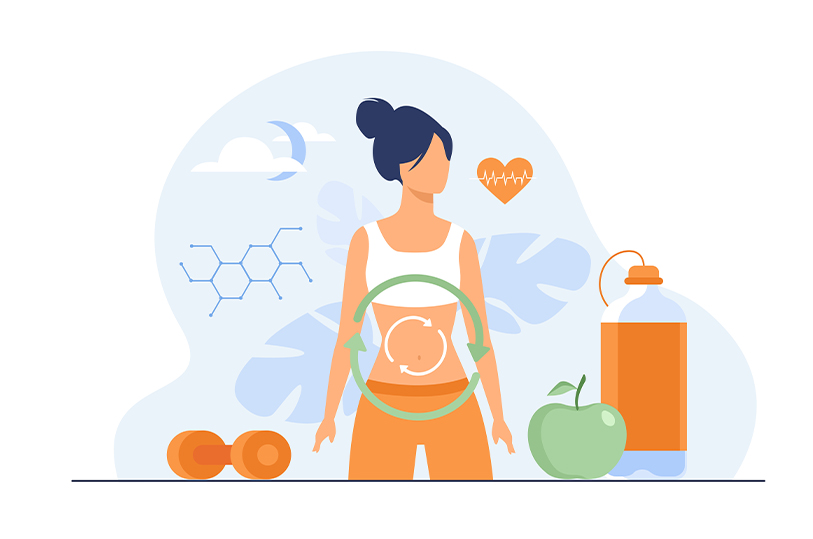
Hangover: Symptoms, Prevention, and Treatment
A hangover is one of the most common situations that occur when a person consumes too much alcohol. Therefore during a hangover, the blood alcohol content drops notably and becomes zero or near it.
Depending on the amount of alcohol you drank yesterday, it is more likely to have a hangover today. After excessive drinking, you may experience awful and unpleasant symptoms and be a bit down in the dumps.
As a hazard of overindulgence, a hangover may have some adverse effects on the body including
- Dehydration – Alcohol is a diuretic fluid that makes you urine more often causing dehydration
- Electrolyte imbalances – this fluid may cause imbalances in your electrolyte levels.
- Poor sleep – alcohol may disrupt the sequence and duration of sleep and alert total sleep time
- Impaired immune system -Excess alcohol consumption may lead to immune deficiency. It can weaken the body’s ability to defend against infection, and contribute to organ damage associated with alcohol consumption.
- Inflammation – beverages can cause increased inflammation. In turn, inflammation worsens overall health.
Hangover symptoms
As a consequence of excessive alcohol use, hangovers may last up to 24 hours leaving you with some troublesome and uncomfortable symptoms. All in all, the symptoms may be different from one person to another.
Cast your eyes over the most typical symptoms:
- Extreme fatigue
- Weakness
- Headache and muscle aches
- Excessive thirst due to the diuretic effects of alcohol
- Nausea, vomiting, or stomach pain
- Impaired cognitive functioning
- Decreased sleep and increased slow-wave sleep
- Vertigo and sensitivity to light and sound
- Feeling dizzy, or faint
- Shakiness
- Racing heart, jitteriness, and perspiration
- Decreased attention and concentration
- Depression, anxiety, stress, and irritability
Most people report hangover symptoms after consuming too much alcohol, but sometimes after three or four drinks. It usually depends on the type and amount of alcohol. If you drink a great number of beverages, you’re more likely to have severe symptoms.
Hangover prevention
The saying “an ounce of prevention is worth a pound of cure” holds true in medicine. Nip in the bud!
Here are some recommendations to go a long way toward reducing your symptoms and picking you up.
- Eat before and while drinking. Give preference to meals rich in carbohydrates such as bread, legumes, potatoes, rice, fruits, fruit juices, pasta, etc. They will slow down the absorbing process of alcohol in your body.
- Drink sufficient amounts of water. Sip on the water between each drink to stay hydrated. You can also drink a glass of water before going to bed.
- Steer clear of carbonation and select lighter colored drinks that are similarly low in congeners. Since carbonated drinks make alcohol immerse faster in your body.
- Choose beverages carefully.
- Drink in moderation.
- Rest.
- Avoid cigarettes as they will affect your hydration.
In some conditions, you experience severe symptoms, be mindful to see your doctor!
Hangover treatment
Facing frequent cases may affect the quality of your life, relationship status, work performance, and other aspects. Don’t allow it to be the reason for negative changes in your life.
A hangover is treated by IV hydration – a fluid with a special combination of nutrients, medication, and vitamins are injected directly into your body. It may help with the morning-after misery from getting drunk. These intravenous fluids provide essential hydration, revitalization, diluting medications, and facilitating the delivery of vitamins throughout your body.
We customize the IV treatment for each of our patients. Our IV hydration procedure recovers from the accumulative diuretic or dehydrating effects resulting from a hangover. Schedule an appointment to feel hydrated and look better!





